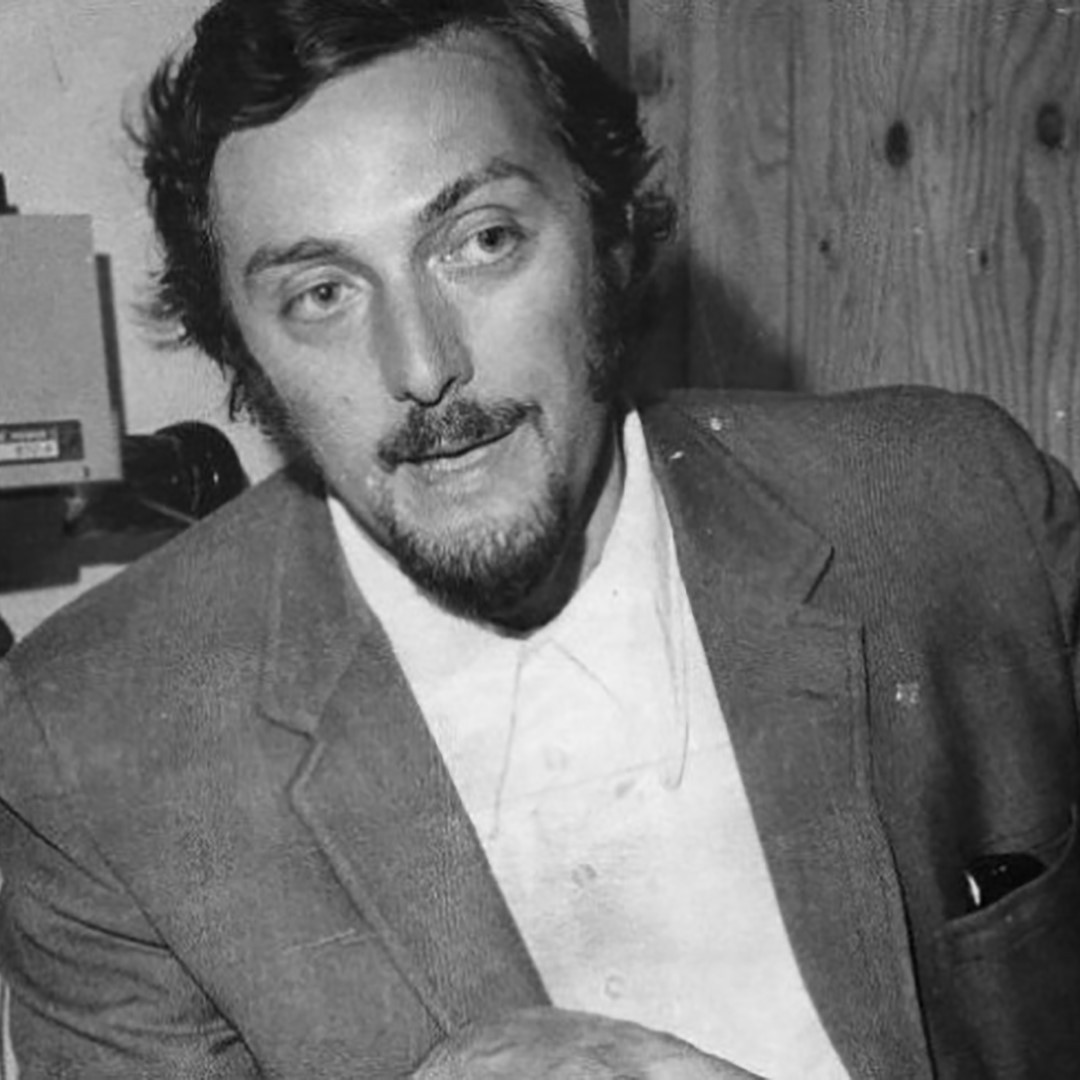Broadly, Zimbardo’s research explored how environments influence behavior. He is most known for his controversial 1971 study, the Stanford Prison Experiment, with W. Curtis Banks, Craig Haney, and David Jaffe. The study, intended to examine the psychological experiences of imprisonment, revealed the shocking extent to which circumstances can alter individual behavior. To this day, it is used as a case study in psychology classes to highlight both the psychology of evil as well as the ethics of doing psychological research with human subjects.
Yet Zimbardo’s research went far beyond the prison experiment. In a career that spanned over five decades, Zimbardo examined topics including persuasion, attitude change, cognitive dissonance, hypnosis, cults, alienation, shyness, time perspective, altruism, and compassion.
“Phil Zimbardo is one of the most prolific and influential psychologists of his generation – a true pioneer of the field of social psychology,” said Claude Steele, the Lucie Stern Professor in the Social Sciences, Emeritus, and professor of psychology. “Virtually all of Phil’s research shows how important phenomena of real-life human behavior can be studied scientifically. For a young science like social psychology, this has been an especially important contribution.”
The Stanford Prison Experiment: A Landmark in Social Psychology
Zimbardo’s interest in the impact of social situations on human behavior led him to conduct the now-famous Stanford Prison Experiment. He was fascinated by the ways in which social roles and power dynamics shape individual behavior. The experiment, which took place in the basement of Stanford’s psychology department, involved 24 male college students who were randomly assigned to play the roles of prisoners or guards. The study was designed to last two weeks, but it was abruptly terminated after just six days due to the escalating psychological abuses that transpired.
The Experiment's Controversial Outcomes
The Stanford Prison Experiment yielded shocking and unexpected results. As the experiment progressed, the line between role-playing and reality blurred. The guards, given no specific training but warned that the prisoners might be dangerous, quickly adopted authoritarian and abusive behavior towards the prisoners. The prisoners, in turn, experienced acute anxiety, emotional depression, crying, and rage.
Zimbardo himself was criticized for assuming the role of prison superintendent, which meant he was no longer a neutral observer but an active participant in the study. This, coupled with the ethical concerns surrounding the study's methodology, contributed to its controversial status.
Zimbardo’s Research Beyond the Prison Experiment
While the Stanford Prison Experiment remains Zimbardo’s most famous study, his research encompassed a much broader range of topics. He investigated shyness, attributing its prevalence to a feeling of imprisonment, where individuals play the roles of both guards and prisoners. He established the Stanford Shyness Clinic and wrote extensively on the subject.
Zimbardo was also a leading expert on the bystander effect, which posits that individuals are less likely to help someone in need when others are present. He believed that both the Stanford Prison Experiment and the bystander effect demonstrate the profound influence of situational factors on human behavior.
Zimbardo’s relentless pursuit of understanding how external forces shape human behavior extended to the study of mind control and the appeal of cults, including the Peoples Temple and its leader Jim Jones, who orchestrated the Jonestown Massacre.
Exploring the Heroic Potential Within Us
Zimbardo’s research not only explored how situations can elicit negative behavior, but also how they can bring out the best in people. He believed that everyone has the capacity for heroism, a concept he termed “ordinary heroism.” He even created a non-profit organization, the Heroic Imagination Project, to foster this heroic potential within individuals and prepare them to help others in times of need.
A Life Dedicated to Understanding the Human Condition
Philip Zimbardo’s life was a testament to his lifelong dedication to understanding the human condition. He was a pioneer in social psychology, a prolific author, and an inspiring teacher. His research, while often controversial, had a profound impact on the field, challenging our understanding of human behavior and the power of social situations. His legacy continues to inspire and provoke critical thinking about the complexities of human nature.
A Final Tribute to Philip Zimbardo
The world mourns the loss of a brilliant psychologist whose work continues to shape our understanding of the human mind. Philip Zimbardo’s contributions to the field of psychology will forever be remembered, and his legacy will continue to inspire future generations of researchers and scholars.
Philip Zimbardo’s Impact: A Summary
Philip Zimbardo’s work challenged traditional views of human behavior and social influence. His most notable research, the Stanford Prison Experiment, brought the concept of situational power to the forefront, highlighting the potential for even “ordinary” individuals to engage in both positive and negative behaviors based on their environments. Zimbardo's life and work remain a source of inspiration and debate, reminding us of the crucial role that social contexts play in shaping our actions and decisions. His legacy will continue to shape the study of psychology and its applications in our understanding of the human experience.

















